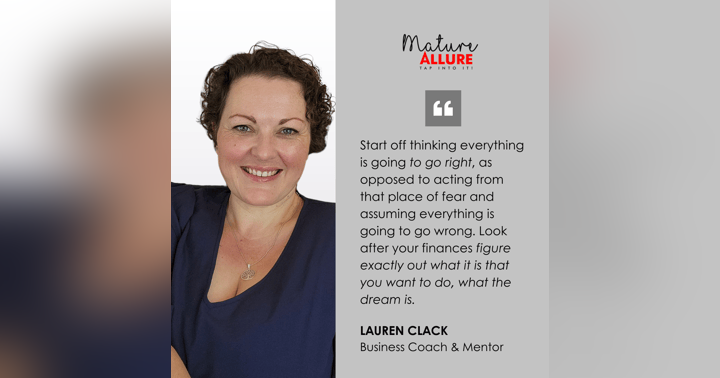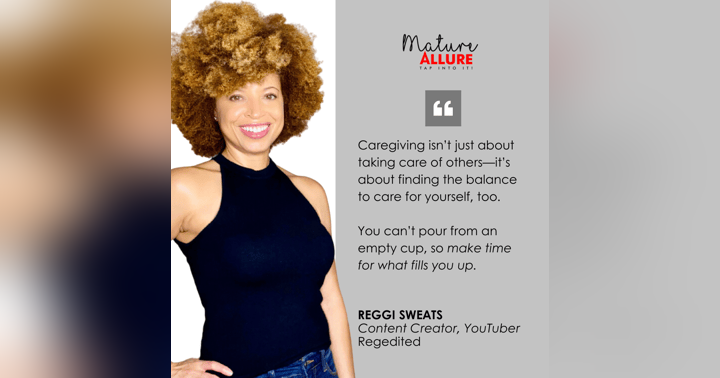Are you a caregiver for someone with Azheimer’s Disease?

By Stephanie Chilton -
This World Alzheimers Month we want to let you know that we see you, and we want to make sure that others in your life see you too.
There is much written - rightly so - in support of mothers. There’s not so much written about the carers for dementia patients. There are similarities which can help us to relate but of course, it isn't the same.
Mental load
First-time parents will relate to the feeling of suddenly being in charge of a small person and feeling clueless and inadequate. If you are caring for a patient with Alzheimer’s you may have a similarly steep learning curve. Not only have you had to learn how to navigate the physical, emotional and behavioral challenges, but you may also be managing legal and financial responsibilities on your own for the first time. All of this whilst running a household, providing meals and personal care, and juggling medical and dental appointments for two.
Loss of sleep
It is well known that a new mother is likely to be sleep-deprived. But while a new mum is enjoying baby cuddles, you may be dragging yourself from sleep to keep your spouse safe. Whilst a baby might wake up once or twice, some nights dementia patients can wake every hour.
Loss of independence
Any parent will understand the frustration of trying to leave the house on time with a small child. Similarly, it may be all on your shoulders to make sure everyone has been to the toilet, is suitably dressed, and has everything they need. You may also feel restricted if it is unsafe to leave your partner alone making it difficult for you to dash out for quick chores or take time for your own interests.
Choice
Most people have chosen to have their children. The sacrifices we make are offset by the pleasures of watching our children grow. When a loved one suffers from dementia it can feel like you have no choice but to take on their care.
We think you are incredible for caring for your loved one, and no one should judge you if and when you make the choice to let someone else take over that care. Your quality of life matters too.
So, to all the carers out there:
- It’s okay to cry - you have every right to grieve
- It’s okay to ask for help - you are not superhuman
- It’s okay to get angry - it really is unfair
- It’s okay to make mistakes - you are human and we all do it
- It’s okay to put yourself first - you can’t help anyone else until you are okay
If you know someone who is a carer, please give them at least as much understanding and appreciation as you would give to a parent of young children. Then double it. Asking someone “how are you” can be overwhelming and will often be dismissed with a platitude. Ask instead, how have you been today? Is there anything you need?
If you need support with Alzheimer’s Disease please visit the website for Alzheimer’s Disease International to be directed to local support:
https://www.alzint.org/about/find-local-support/








